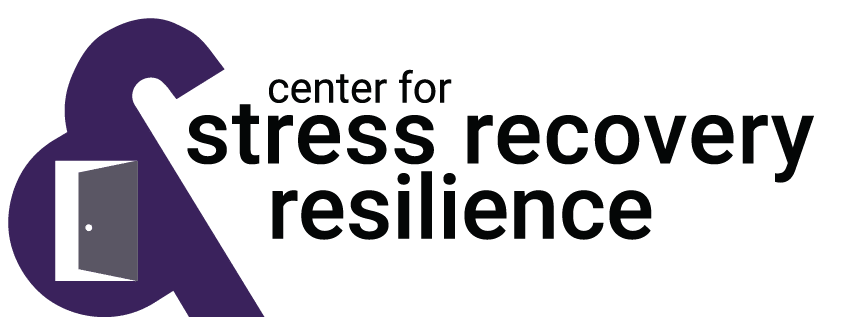Have you ever experienced a night where you could not fall asleep, no matter how hard you tried to clear your mind and make your body relax? In fact, the harder you tried to make sleep happen, the less relaxed and sleepy you felt? Many of us have had this experience at least once in our lives. This is just one example of how our efforts to “do” something to can actually make things worse for us in a moment of challenge.
When faced with a stressor, most of us use our “doing” skills to make things better. We are hard-wired problem-solvers. And many times, these “doing” skills improve a situation. However, in other times, these strategies can increase stress or amplify clinical symptoms, such as anxiety, depression, or trauma. When we cannot immediately fix the problem, we double-down on our distress by blaming ourselves or someone else, feeling ashamed, or hurting ourselves in other ways. Caught in a hamster wheel of automatic stress reactivity, we make things worse in our attempts to fix the problem.
As Jon Kabat-Zinn, the founder of Mindfulness-based Stress Reduction, notes “The very first and most important step in breaking free from a lifetime of stress reactivity is to be mindful of what is actually happening while it is happening” (Full Catastrophe Living, pg. 264).
Mindfulness at CSRR
Mindfulness training at CSRR focuses on fine-tuning attention to the present moment to enhance the client’s ability to effectively meet the moment that they are in, rather than automatically engaging in behaviors that have fed the vicious cycle of suffering. We also teach clients how to cultivate an attitude of self-compassion and kindness, which is a crucial foundation for enhancing resilience to stress. By training in mindfulness-based approaches, clients learn to re-wire their brains and behaviors for more effective engagement in life as well as more rapid recovery from stressful moments.
As Daniel Siegel writes about his mindfulness-based approach of Mindsight training, “By harnessing the power of awareness to strategically stimulate the brain’s firing, mindsight enables us to voluntarily change a firing pattern that was laid down involuntarily…the synaptic linkages are strengthened, the brain becomes more interconnected, and the mind becomes more adaptive” (Mindsight, pgs. 42-43).
Specific clinical and consultative offerings
Therapists at CSRR work with the client and/or group and/or organization to tailor a program that best fits the stressors and strengths needed to enhance well-being. Depending on the needs of the client, this training occurs as a stand-alone approach or in conjunction with another cognitive-behavioral therapy to address symptoms of anxiety, depression, pain, trauma, and sleep difficulties. CSRR therapists offer this training in the context of individual therapy, group sessions, and intensive workshops.
Examples of Mindfulness offerings at CSRR:
Mindfulness-based Treatment for Insomnia (individual or group)
Mindfulness-based Cognitive Behavioral Therapy for clinical concerns (e.g.. Anxiety)
Mindful Self Compassion training for caregivers
Introduction to Mindfulness Principles and Practices (half-day training or eight week training)
The overarching goal of Mindfulness training at CSRR is to help the client develop wisdom to utilize both “doing” and “being” skills to both meet life’s challenges and take care of themselves and others along the way.
Helpful Mindfulness-based therapy links:
tarabrach
centerformsc


